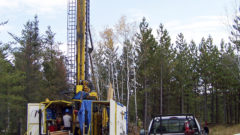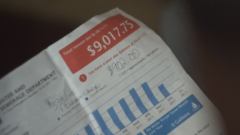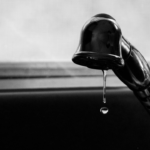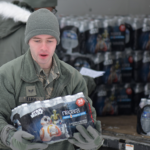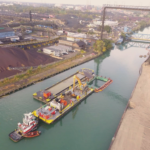Restoring Water Access in Ohio
We quickly learned some cities like Cincinnati were proactive and understand the need to restore residential services. Other cities like Toledo, Cleveland, Columbus, Marysville, and Bellefontaine were not so proactive. Freshwater Future worked with the city of Columbus and small municipalities like Marysville, Bellefontaine, and others to put into place moratoriums on future water shut-offs and the restoration of residential water services. In addition, we worked with our partners at Junction Coalition and the Ohio Environmental Council to restore water to residents and halt future shutoffs in Toledo. We knew our partner, the Alliance for the Great Lakes was working with the city of Cleveland to successfully restore residential water services and halt future shutoffs. We also partnered up with the Alliance for the Great Lakes to urge the Governor to call for all utilities across the state to restore residential water services and halt future shutoffs. As a result, the Governor called on the Public Utilities Commission of Ohio to work with the private water companies to restore residential water services and halt future water shutoffs, which they did on Monday, March 16th. We are now waiting for the Governor’s office to share their legislation they are working on to require all utilities in Ohio to restore residential water services.
Blog – Freshwater Future
https://freshwaterfuture.org/drinking-water/restoring-water-access-in-ohio/

